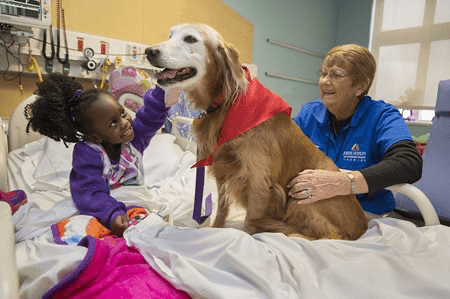What does the P stand for when assessing pain?
Percipitating Factors
What scale would you use to determine someone's pain level who is verbal and coherent?
Numerical Pain Scale
This pain is time limited
Acute pain
What is the most common type of OTC analgesic drug?
Acetaminophen
A child feel and bumped their elbow. The parent says. Look it's a bird.
What pain management technique was used?
Distraction
What does the Q stand for when assessing pain?
Quality
Pain scale for non-english speaking patient
FACES
Describe the type of pain someone would experience when they put their hand over a flame
Nociceptive or Acute
Name a common NSAID
naproxen, ibuprofen

Pet therapy
What does the R stand for when assessing pain?
Relieving factors
Patient presents with a sad face and no tears in their eyes, how would you rate their pain?
8/9 on FACES
Throbbing, achy pain
Name another common side effect of opioid drugs besides respiratory depression
Nausea, pruritis, sedation, constipation
This machine delivers electrical pulses to reduce pain signals and perception
TENS Stimulator
What does the S stand for when assessing pain?
Severity
Pain scale for Intubated patient
FLACC
Dull, cramping, stretching
Visceral
This machine helps deliver pain medication by pt pressing a button
PCA pump
Taichi, yoga, reiki can be labeled as examples of
Energy therapies
What does the T stand for when assessing pain?
Timing
5 year old came into the ER for a MVA. Which pain scale is most appropriate?
FLACC, numerical
*Can they follow commands
This pain is associated with an amputee patient's who experiences pain of the limb that is no longer there
Phantom Limb Pain or Neuropathic
Name a classification for adjuvant drugs
Muscle relaxers, anti-epileptics, anti-convulsants, anti-depressants
This helps the pt gain control of their physiologic responses
Biofeedback